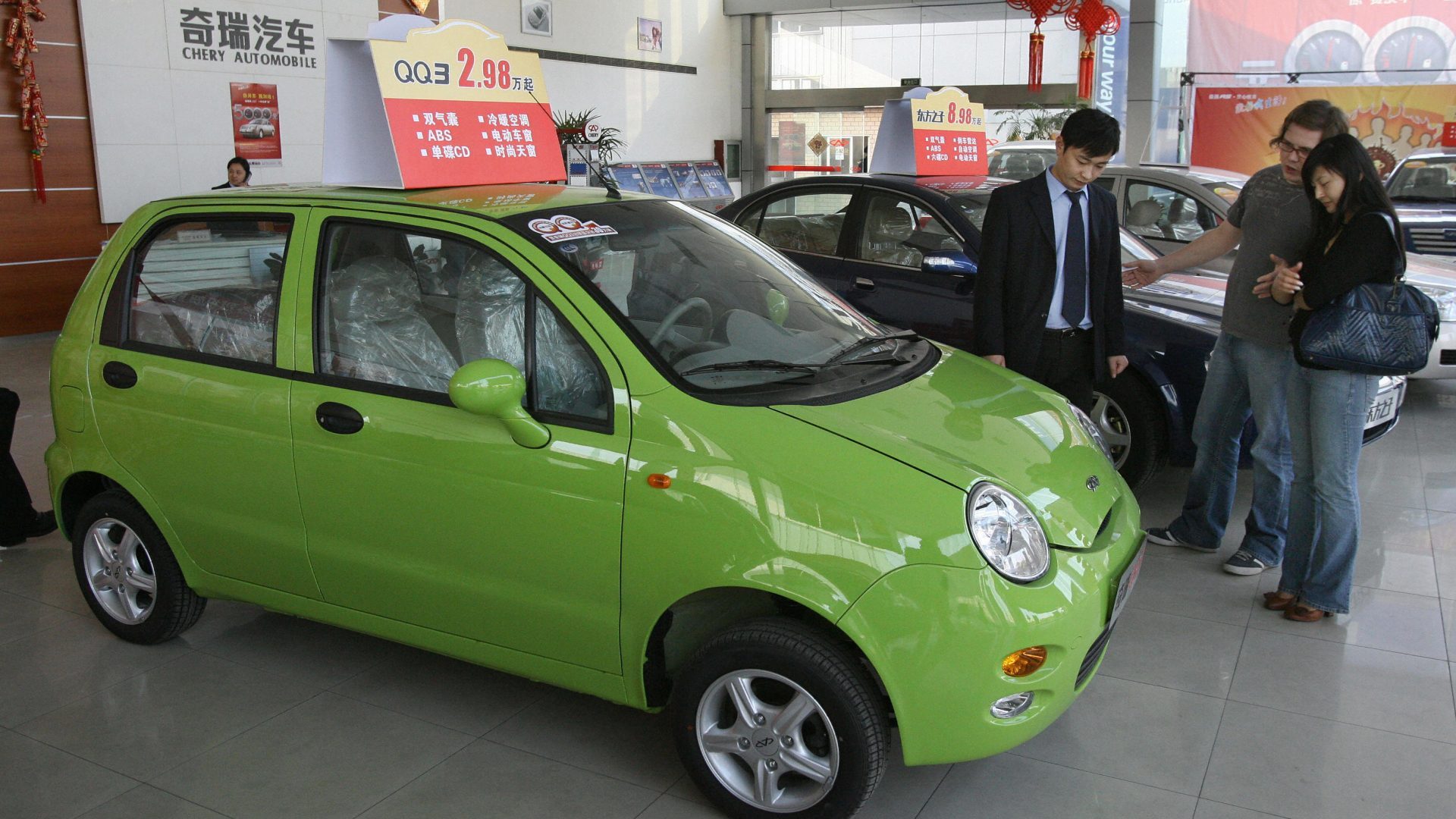

At the start of the third fiscal quarter, beginning July 1, China’s vehicle import tariff will drop from 25 percent of 15 percent.
The announcement was issued Tuesday by the country’s Ministry of Finance, according to a report by CNN. It comes as a result of regulatory changes that have been in the pipeline for months, and a drop to as low as 10 percent was considered at one point, according to the report. As part of the new ruling, imported car part taxes will fall to 6 percent from between 8 and 25 percent.
Until recently, the only way to circumvent the mandated 25 percent import tariff on foreign automakers in China was to partner with domestic companies to build their vehicles in the country. This presented its own problems, such as reduced control over company operations in China, and the risk of industrial espionage. Some manufacturers, such as Geely-owned Volvo, have found their way around the regulations, with a reported injection of foreign battery manufacturing expertise.
The local partner requirement will reportedly be lifted by 2022, which may allow American companies seeking Chinese market share, such as Tesla, to establish manufacturing facilities to capitalize on Chinese demand for electrified vehicles. In addition, companies with the production capacity capable of handling Chinese demand but no desire to pair with local companies may now see exporting cars to China as more viable.
On the opposite front, Chinese carmakers are also examining expansion into the United States market. GAC Motor will attempt a U.S. launch next year, and its test mules have been spotted in action up in Minnesota. .